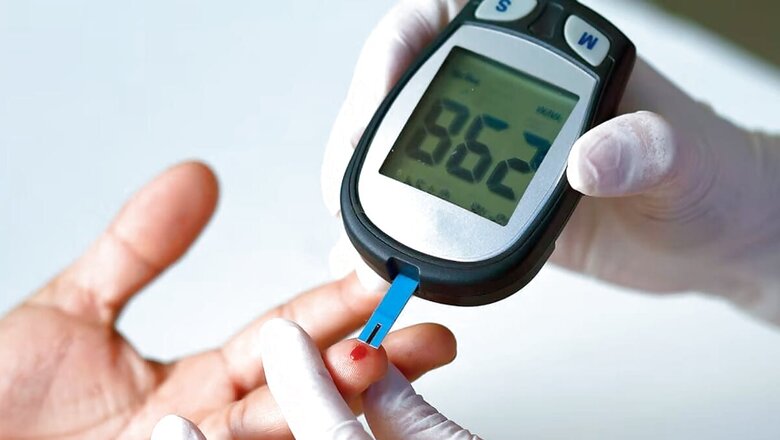
views
Many of us don’t pay much attention to our hardworking kidneys. Diabetes, high blood pressure, heart disease, a family history of renal disease, and obesity are all major risk factors for developing kidney disease.
The kidneys, each about the size of a fist, are placed deep in the abdomen, beneath the ribcage. The primary function of your kidneys is to eliminate toxins and excess water from your blood. The kidneys also serve to control blood pressure, create red blood cells and maintain bone health.
Here are eight golden rules that can help lower the risk of kidney disease. We can enhance our kidney health by learning and implementing these recommendations.
Exercise
Exercise can help you maintain a healthy weight, control your blood pressure and cholesterol, increase your strength and endurance, and reduce your risk of developing diseases like diabetes, heart disease, and kidney disease. Walking, housework, sports, and aerobic exercise (jogging, swimming, biking, climbing stairs, or hiking) are just a few examples of workouts that might help you keep fit.
Eat a Healthy Diet
A nutritious diet can assist in lowering blood pressure and blood lipids (blood fat). These diets contain fresh fruits and vegetables, whole grains, fish, poultry, legumes, seeds, and nuts, as well as fat-free or low-fat milk and milk products. They also have lower sodium, sugar, fat, and red meat content.
Control Blood Pressure
High blood pressure can damage your kidneys and raise your risk of developing renal disease. Simple lifestyle changes, such as reducing your salt and alcohol intake, shedding excess weight, and exercising, can help keep your blood pressure under control.
Maintain Proper Fluid Intake
The appropriate level of fluid intake for any individual is determined by a variety of factors such as exercise, climate, health status, pregnancy, and nursing. In a comfortable environment, a healthy person needs about 2 to 3 litres of water each day.
Quit Smoking
Smoking causes problems in all organs of the body, including the kidneys. Smoking reduces the flow of blood to the kidneys. Reduced blood flow to the kidneys can impair their ability to operate normally. According to the official website for World Kidney Day, smoking increases the risk of kidney cancer by around 50 per cent.
Avoid Using Pain Relievers Excessively
Excessive usage of nonsteroidal anti-inflammatory drugs (NSAIDs), such as ibuprofen, can lead to renal damage. Long-term use of NSAIDs, particularly at high doses, lowers blood flow to the kidney, causing damage to renal tissue.
Manage Blood Sugar
Several factors can affect blood sugar levels, including those beyond a person’s control, such as hormones, illness, or stress. High blood sugar levels can cause blood vessels inside the kidney to narrow and clog over time, causing damage and impairment to the kidneys. If you have diabetes, the greatest method to protect your kidneys is to control your blood sugar as much as possible. To lower your blood sugar levels, your treatment strategy may include dietary changes, exercise, and medications.
Go for Regular Check-ups
Doctors can detect kidney illness using two simple tests: a urine test and a blood test. A urine test called albumin creatinine ratio (ACR) detects the presence of a protein called albumin in the urine. A blood test called glomerular filtration rate (GFR) determines how well your kidneys are removing waste from your body.




















Comments
0 comment